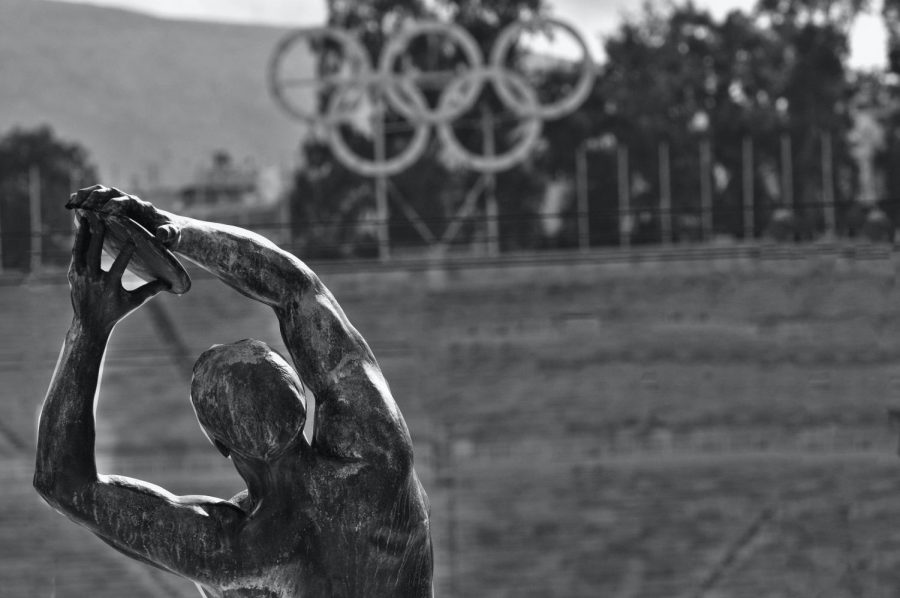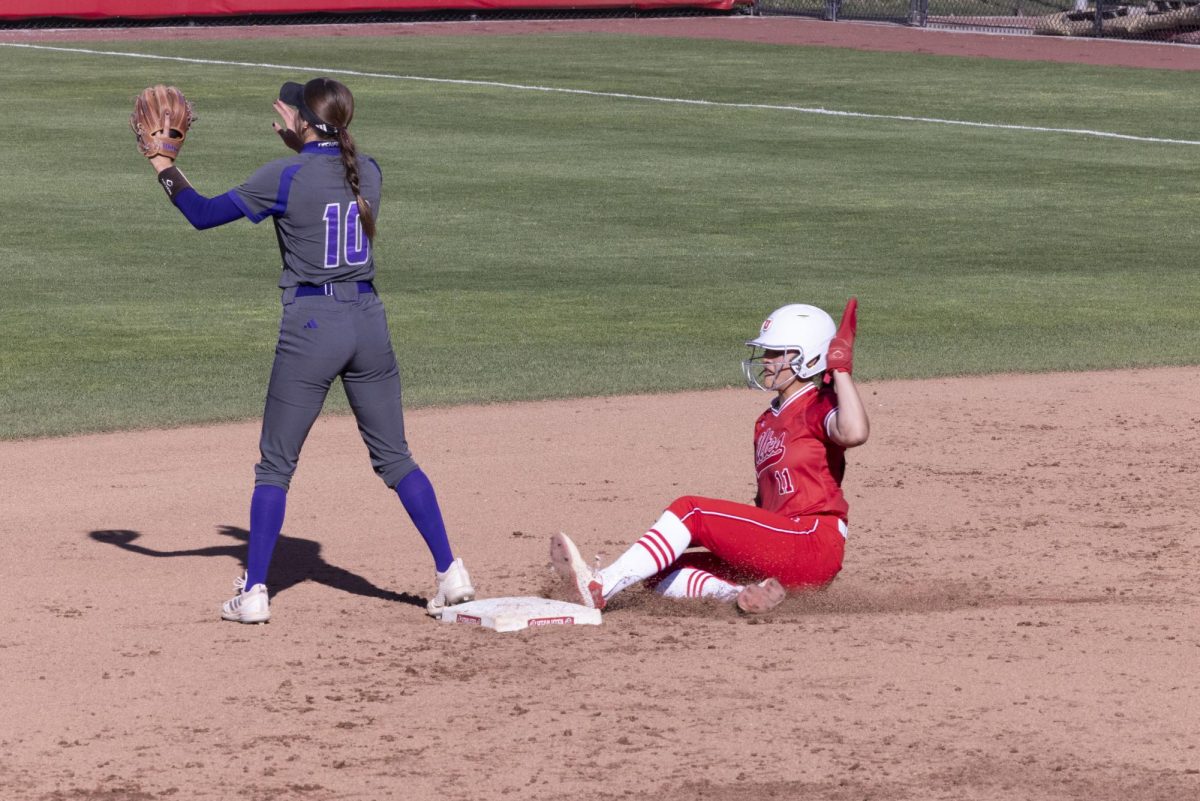Hibben: The Cost of the Olympics
August 12, 2021
When the International Olympic Committee (IOC) selected Tokyo, Japan to host the 2020 Olympics in 2013, expectations were high as to what the country would bring to their second hosting of the summer games. However, the COVID-19 pandemic overshadowed the Olympics and has burdened the Japanese people.
After the games started, protests against them also began. 83% of Japanese residents said they wanted the games canceled due to the country’s low vaccination rates. Protestors also argued that Japan should use the money spent on the games to help the country fight against new surges and vaccinate faster instead of Olympic pageantry. They worry about the debt and health aftermath of the games, and how it will affect their already slow recovery.
Even Japan’s top medical experts urged Prime Minister Yoshihide Suga to cancel the games. As the new Delta variant is more transmissible than previous variants, another wave of the virus is a legitimate concern.
The Olympic games represent international peace and togetherness, and they should not be held in a place where residents completely reject the games. The host city of an Olympics should be well-equipped to support the massive spending and influx of individuals that the games bring. While both the financial risk and emotional devastation for athletes if Japan stopped the games would have meant a great loss, protecting the health of Japanese residents should have taken priority.
COVID-19 and Japan
The 2020 Olympics took place in a city in a state of emergency. Japan will likely face another wave of COVID-19 after about 80,000 Olympic officials, journalists, athletes and staff arrived.
Japan has only vaccinated about 40% of the population, and 28% of the population is 65 or older. That means that around 60% of the country remains unvaccinated and especially vulnerable to the highly transmissible variant. The Japanese doctors’ union warned against the Olympics, even suggesting that the mixing of several different variants from around the world could lead to an “Olympic strain” of the virus.
The pandemic still remains uncertain. As of the writing of this article, the CDC backtracked on their “no more masks” policies, stating that vaccinated individuals should go back to wearing masks indoors in areas with high transmission rates.
Even in the U.S., where about 50% of the population is fully vaccinated, infection rates have surged. Transmission between vaccinated and unvaccinated individuals still occurs, as have cases where vaccinated individuals have tested positive.
The risk of bringing hundreds of athletes, a hundred of which are not vaccinated, to a country with rising infection rates was a tremendous sacrifice for Japan to make in the name of “international peace”.
The Effect on Athletes
While watching the games, not only did we still see masks and social distancing, but also the great absence of families and fans in the stands. As many athletes brought up the importance of mental health during Tokyo 2020, I can’t help wonder how these Olympians felt looking out on empty stands with only video calls to connect to loved ones.
The looming presence of COVID-19 has also been felt as teams have been broken apart by positive tests and virus exposures. A swimmer from BYU isolated for weeks after having a possible exposure and only swam three times. He looked forward to being the only swimmer representing his country, the Dominican Republic. Greece also pulled out of the synchronized swimming competition after four athletes tested positive.
So far, 484 cases of COVID-19 have been related to the games.
The IOC’s Conflict of Interest
While the risk of the coronavirus looms over Japan, the incredible amount of money spent on the games in a pandemic is shocking. Japan spent an estimated $30 billion on the games and could have lost $17 billion if they stopped the games altogether. However, doctors warned that another wave could harm Japan more than a financial loss.
But, even if Japan wanted to cancel the games, it would have been difficult. Host cities sign strict contracts that give the IOC rights to cancel the games. The IOC would’ve lost an estimated four billion dollars if the games were canceled, a number that proved more important than the health and welfare of the Japanese people.
The IOC President, when asked whether the games would continue if Japan was under a state of emergency said, “the athletes definitely can make their Olympic dreams come true. We have to make some sacrifices to make this possible.”
One committee member responded to the protests saying that “barring an armageddon,” the Olympics will go on. Japanese protestors were stunned that an implied “sacrifice” had to be made to support athletes’ dreams. This apparent sacrifice during a worldwide pandemic was too great to ask for any country.
We should not expect a country to support the huge weight of the Olympics on crumbling supports. It’s disappointing to see Japan and the IOC ignoring the wishes of the Japanese people and pushing onwards, reminiscent of other countries’ decisions during the height of the pandemic to open up too early.
Although the pandemic feels almost over for countries like the U.S., it remains a very real threat. We’ve forgotten the lost lives of millions to the virus too quickly. Although I understand the need to celebrate these great athletes, this lack of compassion for the Japanese people opposed the very spirit of the Olympics.








